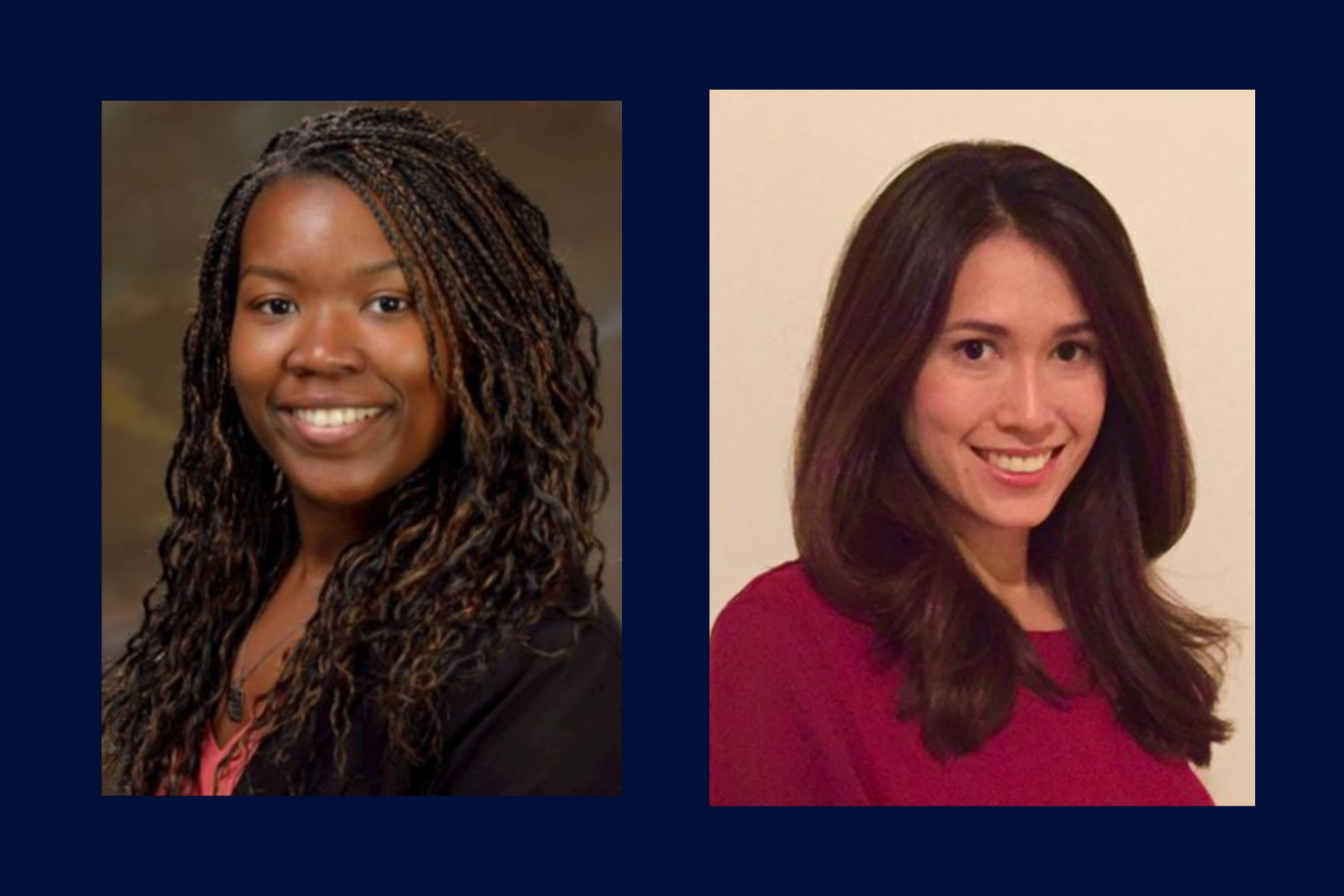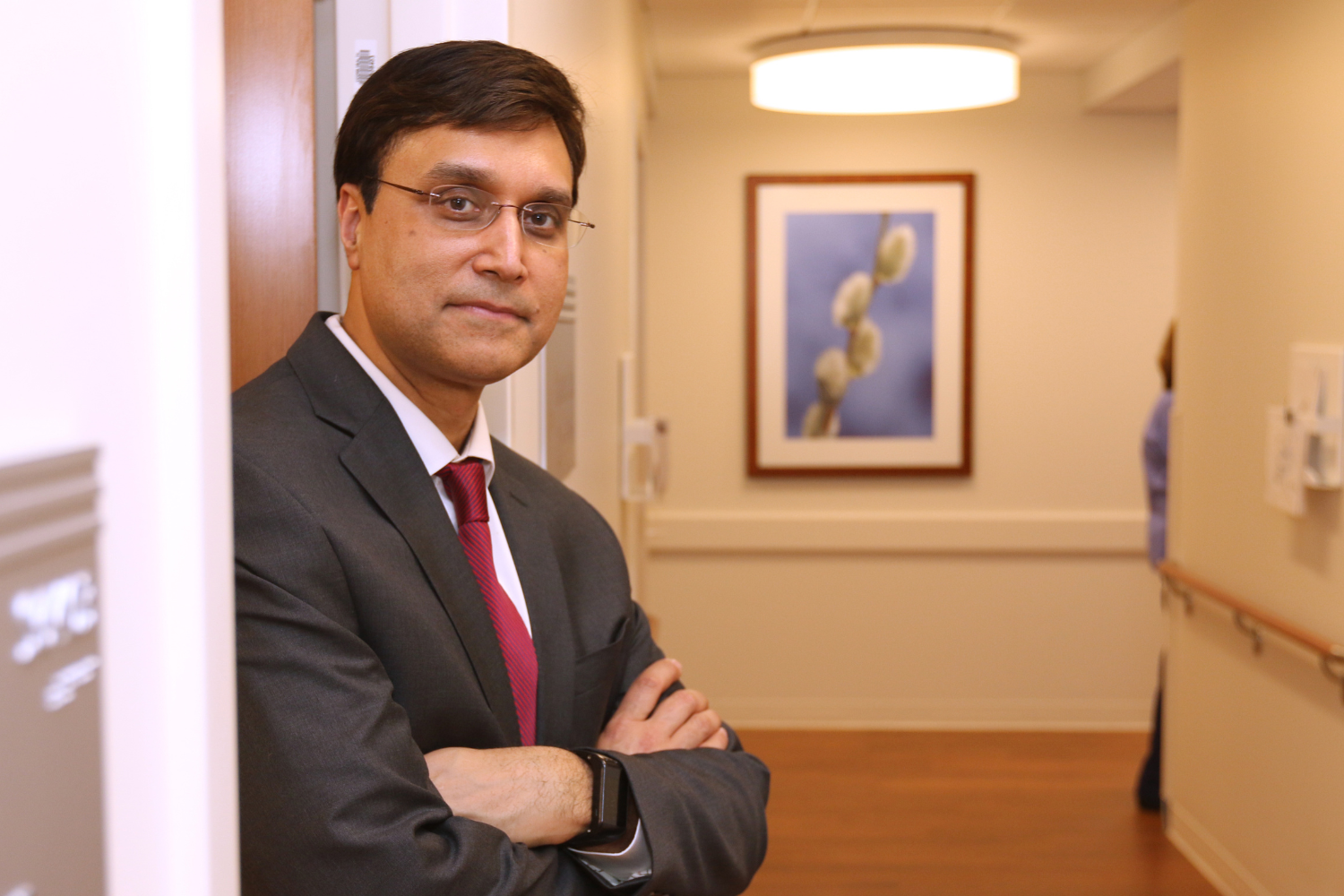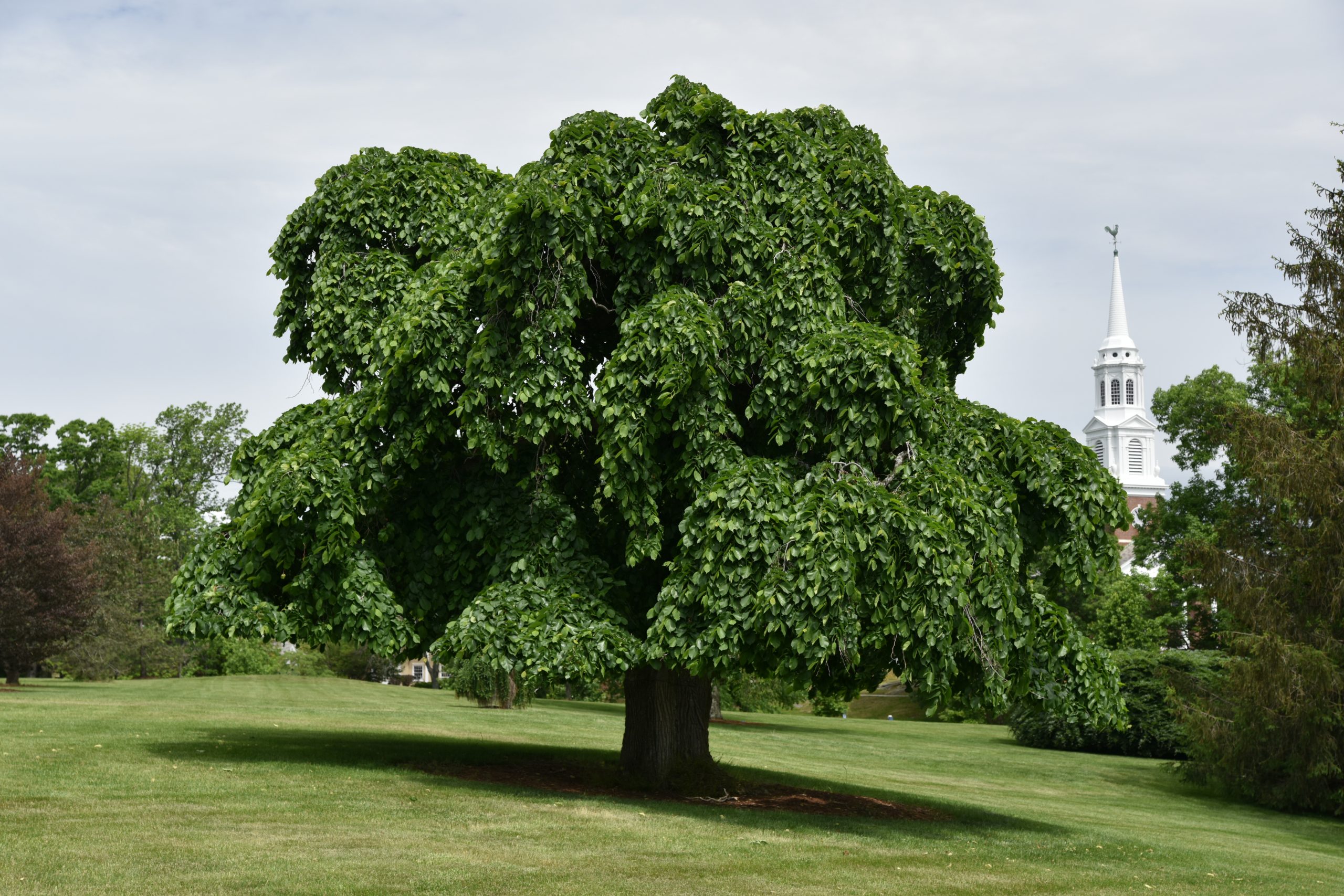Often when people think of UConn they think of, well, basketball. But if prompted to think beyond Gampel Pavilion to UConn academics, they will most likely mention engineering, health, or business. However, the academic department with the highest research expenditures on the Storrs and regional campuses in Fiscal Year 2023 can be found within the Neag School of Education – the Department of Educational Psychology.
“Although grant proposals and new awards can vary year-by-year, total research expenditures is the ultimate metric of sustained and ongoing research productivity,” says Department Head and Professor Michael Coyne.
Educational Psychology faculty spent $12.1 million in grant funding from July 2022 to June 2023. The department has also seen a steady increase in research expenditures over the past five years, growing from $7.4 million in Fiscal Year 2019 to its present amount.
“The Department of Educational Psychology’s remarkable accomplishment helped the Neag School post its highest total for annual expenditures at $16.1 million,” says Associate Dean for Research Morgaen Donaldson. “This is a testament to the high-quality research produced by faculty in the department and throughout the Neag School.”
The Department of Educational Psychology is one of three within the Neag School of Education. It offers graduate degrees in counselor education and counseling psychology; educational technology; giftedness, creativity, and talent development; learning sciences; research methods, measurement and evaluation; school psychology; and special education. In fact, the 2023-2024 U.S. News & World Report national rankings for specialty programs place the Neag School’s program in special education as tied at No. 17 in the country.
Our faculty work directly with districts, schools, administrators, specialists, and teachers regionally and nationally to improve important problems of practice. The department’s research directly impacts thousands of students across Connecticut. — Michael Coyne
“A hallmark of the Department of Educational Psychology’s research is its direct application to teaching and learning,” Coyne says. “Our faculty work directly with districts, schools, administrators, specialists, and teachers regionally and nationally to improve important problems of practice. The department’s research directly impacts thousands of students across Connecticut.”
Six out of the eight research centers housed at or affiliated with the Neag School are led by Department of Educational Psychology faculty: the Center for Behavioral Education and Research (CBER); the UConn Center for Excellence in Developmental Disabilities Education, Research and Service (UCEDD); the Collaboratory on School and Child Health (CSCH); the National Center for Research on Gifted Education; the OSEP Center on Positive Behavioral Interventions and Supports (PBIS); and the Renzulli Center for Creativity, Gifted Education, and Talent Development.
Educational Psychology faculty are experts in a variety of areas and are widely recognized in the field. Some highlights of recent department grants and accolades include:
- Positive Behavioral Interventions Center Receives $21 Million to Revolutionize K-12 Education
- Wolff Entrepreneurship Competition Crowns Startup That Brings Emotional-Coping Skills to Elementary-Age Kids
- UConn Faculty Awarded $2M in Federal Funding to Support School Wellness in CT
- $10 Million for National Early Childhood Intervention Personnel Development Equity Center Awarded to UConn
- Neag School Researcher Named a Distinguished Scholar by the National Association for Gifted Children
- Finding Gifted Learners Through Language Barriers
- Neag School Launches New Licensed Professional Counselor Program
- Neag School Faculty Member Appointed to New York City Literacy Advisory Council
- Neag School Researcher Named Co-Editor-In-Chief of Prestigious Evaluation Journal
- Neag Researcher Studying College and Career Readiness for Students with Disabilities
“The Neag School’s Department of Educational Psychology has long been at the forefront of innovation, conducting cutting-edge research that addresses some of the most pressing issues in education,” Dean Jason G. Irizarry says. “I congratulate all the researchers in the department, along with their postdoctoral researchers, graduate students, staff, and other team members. Their dedication to improving educational and social systems for all has not only led to this incredible distinction for the department, but positively impacted our communities as well.”
To learn more about the UConn Neag School of Education, visit education.uconn.edu and follow the Neag School on Instagram, Facebook, X, and LinkedIn.



